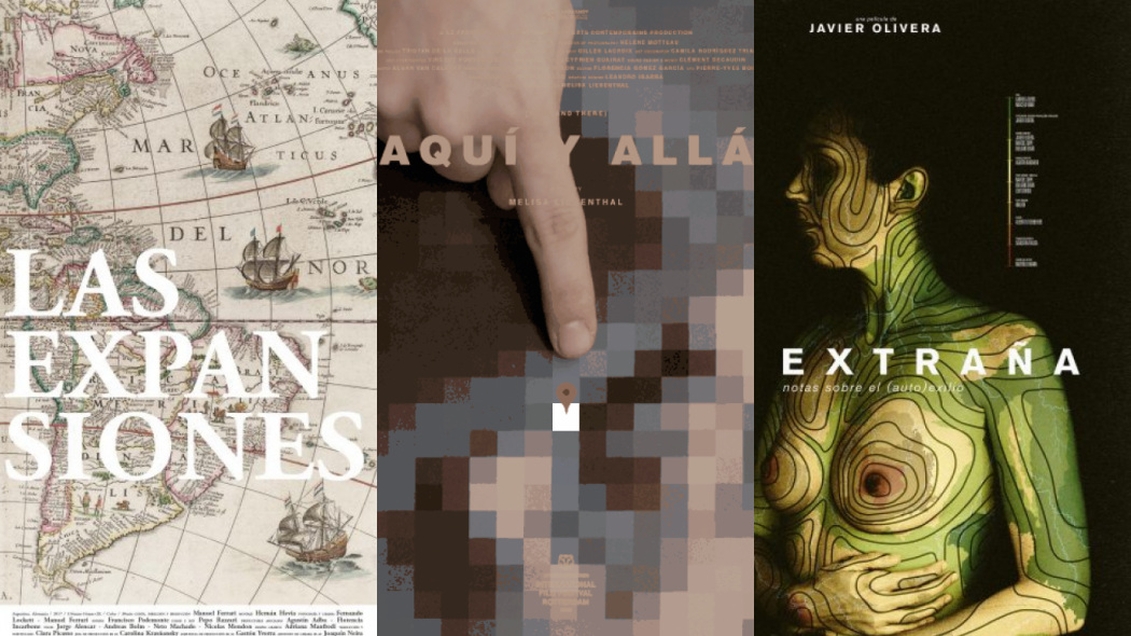
Latino disobedience: Decolonizing territories through Colombia’s International Film Festival
The program seeks to promote the parallels of cinema between Colombia and Argentina and is part of a fight for on-demand broadcasting.
The third edition of the International Colombian Film Festival held in Buenos Aires will stream on indyon.tv until Sunday, Dec. 20. Its selection includes up to 43 films from five Latino countries, with the featured films from Colombia and Argentina being free for spectators from those countries.
The decision is in an attempt to build bridges of brotherhood against the bonds of colonial resistance.
The figure protecting the protest festival from above is Felipe Guamán Poma de Ayala, an Inca chronicler who gave testimony in Quechua and Spanish of the tortures and atrocities committed by the Spanish against the indigenous people in the 16th century.
His artistic and political response at the time is intended to be a model of disobedience that inspired the selection of films during the third edition of the festival, with a focus on racial, economic, sexual, or linguistic hierarchies.
As a result, many of the films are framed by "narratives from the territory," and look to the locals to narrate themselves. They are territories carved on their in the bodies in the form of violence, absence or resistance. By filming the "disobedient bodies," the aim is to make the invisible visible and invert symbolic power centers.
Attendees can check out all the programming here, where there is an evident effort to promote Colombian and Argentine productions within both countries, but also across South America. The festival also aims to encourage collaboration between producers and directors from both countries, and includes talks and discussions on "Images of an Uncharted Territory" and "Narratives for (re)existence."
Among the film selection is Las expansiones by the Argentine Manuel Ferrari, a documentary that deals with the different invasions of the city of Buenos Aires, and also a documentary by Colombian Javier Mejía inspired by the cult movie Apocalípsur.
RELATED CONTENT
Maps also play a very important role in representation. Melisa Liebenthal uses Google Earth in the experimental project of Aquí y Allá and Javier Olivera maps bodies and homelands in La extraña: notas sobre el (auto)exilio. Both are featured films at the festival.
In retrospect, this initiative is even more relevant beyond an interesting billboard.
Recently, there has been discussion of digital colonialism — the way in which, in the absence of actual territory, creators are now launching themselves into cyberspace.
For this reason, in last few weeks, there has been the launch of numerous streaming platforms in Latin America, eager to grab the new territory, which for them, is a continent of profit.
In the midst of the rain of new services, mostly from the United States, the platforms and initiatives in the field of on-demand broadcasting that are born in Latin America are very important to return to maintain their own stories narrated by third persons.
In addition to the third edition of the International Festival of Colombia, the 41st International Festival of New Latin American Cinema of Havana was also held on this new frontier.











LEAVE A COMMENT: